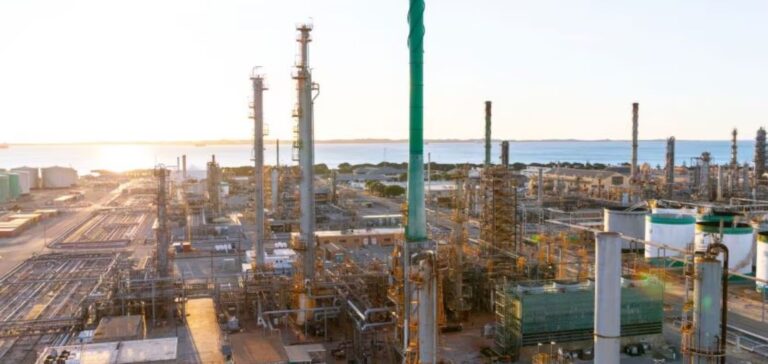The Kwinana refinery, located in Western Australia, has been a key pillar of BP’s operations in the region. However, the company recently announced that it would cease refining activities at this facility in 2023, a move that is part of its broader commitment to reducing its carbon footprint and redirecting investments toward more sustainable technologies.
Massive Investments in Clean Energy
BP clarified that the closure of the refinery is part of a long-term strategy to shift toward clean energy. The company plans to invest a portion of the freed-up resources into renewable energy projects, particularly offshore wind and energy storage technologies. BP stated that this shift aligns with its goal of reducing net carbon emissions by 2050.
As a result, employees at the Kwinana refinery will either be reassigned or compensated, depending on BP’s final plans regarding redeployment. The company emphasized that it will implement support programs for the workers affected by the closure. However, this change could impact the supply of refined petroleum products in the region.
A Shift Toward Sustainable and Less Polluting Solutions
The closure of the Kwinana refinery is another significant step in BP’s global operation overhaul. This change, while notable, is not an isolated case. BP has already announced reductions in its refining capacities in other parts of the world while doubling its investments in renewable energy.
This evolution from BP highlights a strategic realignment of the company in response to the growing demand for cleaner, less polluting energy solutions. The company has also entered into partnerships to develop large-scale energy projects in solar and hydrogen, two sectors seen as vital for the global energy future.
Reactions and Economic Projections
BP’s decision has sparked mixed reactions within the energy sector. On one hand, some analysts believe that this shift toward clean energy could position BP favorably in a rapidly changing global market. On the other hand, this shift could also result in short-term volatility in the refined product market, particularly in the Asia-Pacific region, where the Kwinana refinery played a pivotal role.
Economic projections suggest that BP may face initial challenges with this transition, but its efforts in clean energy could offset this loss in the long run if the company can grow its market share in renewable energy.






















